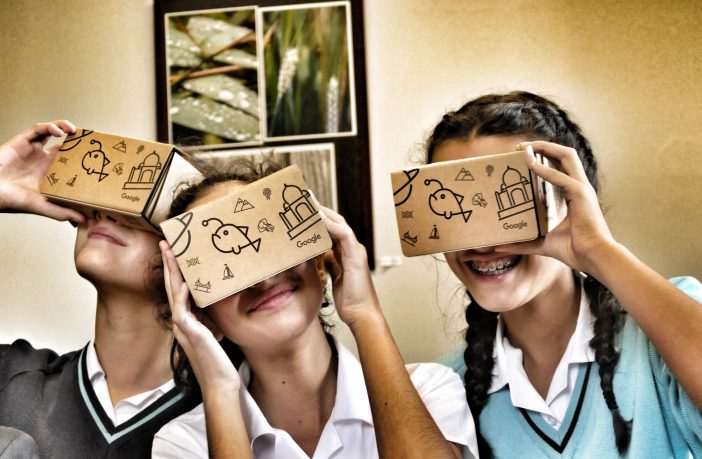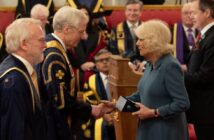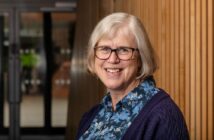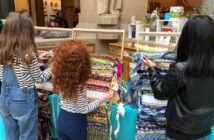The Open University (OU) is taking school children to the Great Barrier Reef, Everest and volcanoes with new virtual reality technology in the classroom.
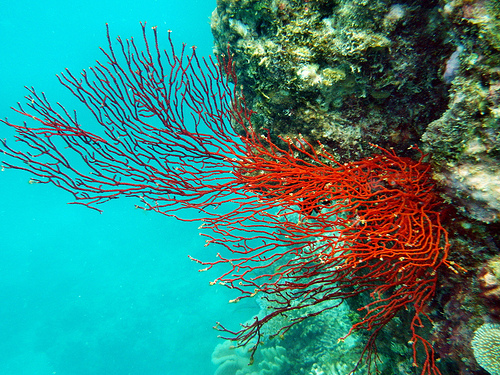
Photo by Paul from www.Castaways.com.au 
Through virtual reality technology called Google Expeditions, students are given virtual field trips to places that may be practically difficult or impossible for them to visit – such as The Great Barrier Reef, an active volcano or Mount Everest. With virtual reality hardware becoming more affordable and available, this technology could play a significant role in education.
After being awarded Google’s Virtual Reality Research Award in June 2016, OU academics have been visiting schools to help teachers integrate Google Expeditions in their lessons; organising workshops for teachers; and conducting interviews with curriculum leaders and fieldwork experts on the role of virtual reality-based field trips in supporting and encouraging outdoor fieldwork.
High degree of realism brings field trips to life
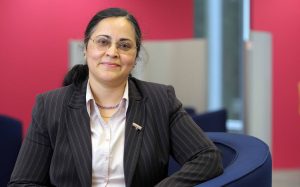
Shailey Minocha, Professor of Learning Technologies and Social Computing
Shailey Minocha, Professor of Learning Technologies and Social Computing, developed virtual field trips for the OU’s own teaching and is leading this project.
She said: “Our previous research has shown that the high degree of realism now achievable in virtual field trips complements the physical field trip experience and in imparting fieldwork skills.
“Virtual field trips also make it possible to experience activities and locations that may be impossible, or extremely difficult, to arrange in real life.”
A Google Expedition comprises of 360 degree scenes or panoramas of a location (e.g. a museum, or a city like Rio de Janeiro) along with the description of that location, points of interest and some suggested questions for inquiry and discussion.
Using a Tablet and via the Google Expeditions App, a teacher can guide students to look at places and systems. Students experience Google Expedition through smartphones embedded within the virtual reality viewers called Google Cardboard.
School children can reimagine distant locations
There are now over 250 Google Expeditions available. At Kings Junior School in Ely, geography teachers used two Expeditions to learn about climate change, showing students the Great Barrier Reef and coral bleaching in Hawaii, to illustrate how climate change impacts on coral reefs.
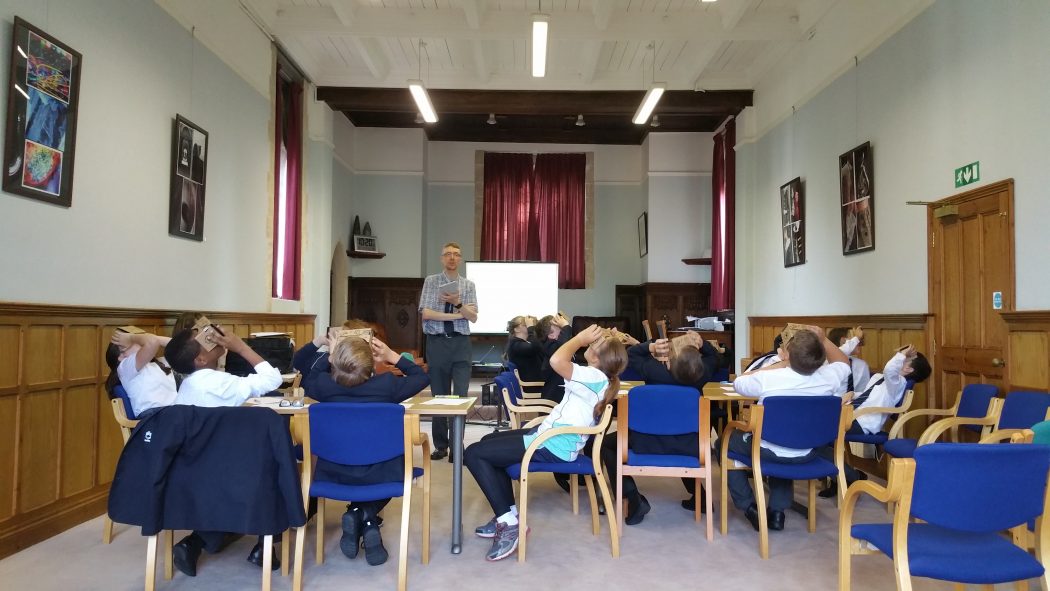
A virtual field trip is underway at King’s Ely Junior School
Head of Geography at King’s Ely Junior School, Alan Parkinson, said: “There was a tremendous amount of excitement when students were introduced to Google Expeditions. They enjoyed seeing landscapes which they may never experience in real life, and many told their parents that it was ‘the best thing they’d done all year so far’.
“VR offers the chance to re(imagine) distant locations and allow students to ‘see’ the world in a new way. They found it helpful in drawing out enquiry questions, and as a prompt for discussion, and we are introducing a new short unit called ‘Virtual Geographies’ to continue the conversations that the visit from The Open University and Google Expeditions team started.”
Join the project
More schools are encouraged to sign up for this Open University project – which aims to help geography and science teachers to understand the role of virtual reality resources in classrooms and in physical fieldwork, and to assist in the integration of Google Expeditions in their lessons. The project runs until July 2017. To find out more about the project, please visit the project blog.
The OU is working with Google and leading UK education organisations including the Field Studies Council, Geographical Association and the Association for Science Education.
